This book examines poverty and inequality in India through a sociological-anthropological lens that goes beyond the quantitative and unravels the fuzzy landscape of the informal economy. Taking rural and urban case studies from Gujarat, it highlights the ordeal of these paupers—the non-labouring poor unable to take care of themselves, the migrant labour driven away from the village and back for lack of work, and an urban underclass redundant to demand, often experienced by the better-off as a nuisance.
Making a comparative study of the politics and policies in present-day India in relation to the condition of the ultra-poor in Victorian England, it reveals a disturbing common factor—a deeply ingrained mindset of social inequality resembling the spirit of nineteenth-century social Darwinism.

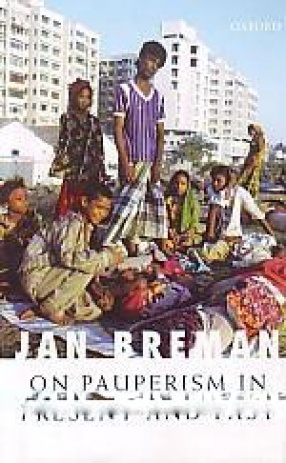
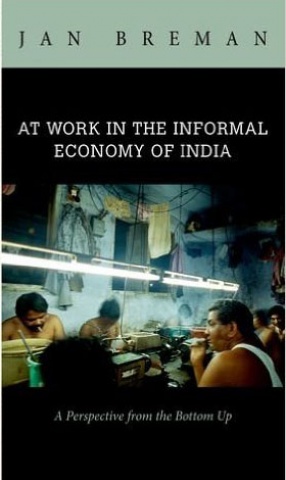
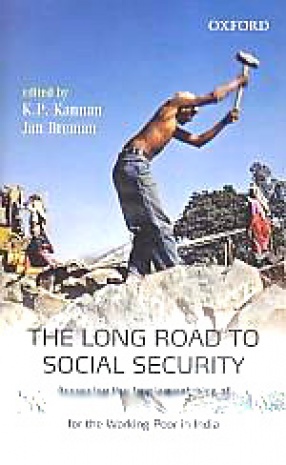
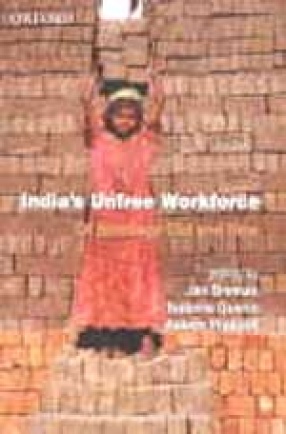

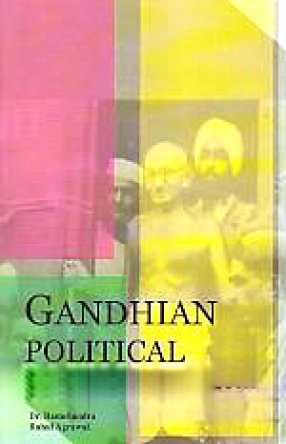
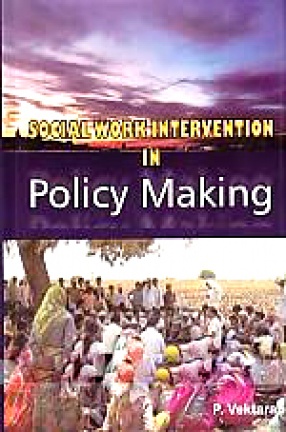
There are no reviews yet.